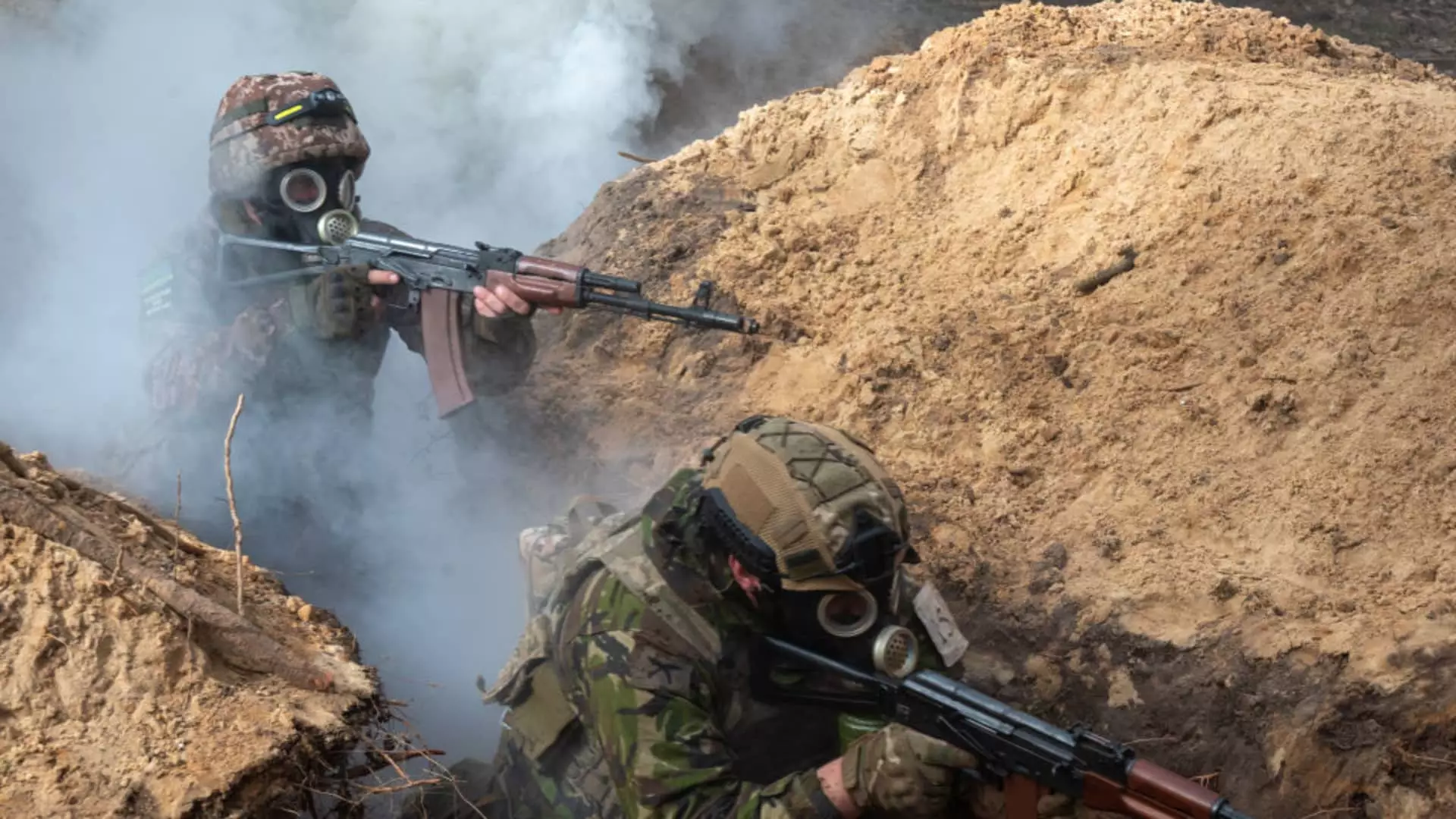The recent accusations made by the U.S. against Russia regarding the use of chemical weapons against Ukrainian troops have escalated tensions between the two countries. The U.S. State Department’s formal accusation stated that Russia violated the Chemical Weapons Convention by using chloropicrin, a choking agent, against Ukrainian forces. In response to these allegations, the U.S. announced the imposition of more sanctions on Russian individuals and entities. This move signifies a deepening of the rift between the two nations.
The Kremlin’s Press Secretary Dmitry Peskov swiftly rebuffed the accusations when questioned by reporters, claiming that the announcements were baseless and unsupported by evidence. He emphasized Russia’s commitment to international law and its obligations under the Chemical Weapons Convention. This denial highlights the contrasting narratives presented by the U.S. and Russia on the issue of chemical weapons use in Ukraine.
Chemical Weapons and Their Effects
The use of chloropicrin, a chemical compound that was once used as a poison gas in World War I, raises concerns about the devastating impact of such weapons on human health. While chloropicrin is predominantly used in agriculture as an insecticide today, its effects on the respiratory system can be severe. When inhaled, the chemical irritates the nose, throat, and lungs, causing fluid to accumulate in the air sacs of the lungs, leading to respiratory distress.
Both Ukraine and Russia have accused each other of using chemical weapons in the conflict. Ukraine claimed that Russia used chemical weapons in over 200 attacks in January alone, while Russia denied these allegations and accused Ukraine of similar actions. However, neither side has provided concrete evidence to support their claims, leaving the issue shrouded in controversy and uncertainty. The lack of transparency and accountability regarding the use of chemical weapons exacerbates the complexity of the situation.
The accusations of chemical weapons use by Russia in Ukraine underscore a broader pattern of disregard for international agreements and norms. The Chemical Weapons Convention, which prohibits the production and use of chemical weapons, has been in effect since 1997 and has been ratified by 193 countries, including Russia. The continued use of such weapons by Russia indicates a blatant disregard for its obligations under the convention, as well as a lack of respect for the principles of international law.
The allegations of chemical weapons use in Ukraine have significant implications for international relations and security. The escalation of tensions between the U.S. and Russia, as well as the broader implications for global disarmament efforts, raise concerns about the potential consequences of the use of chemical weapons in conflict. The need for accountability, transparency, and compliance with international law is paramount in addressing such grave violations and ensuring the protection of human rights and security on a global scale.

Leave a Reply